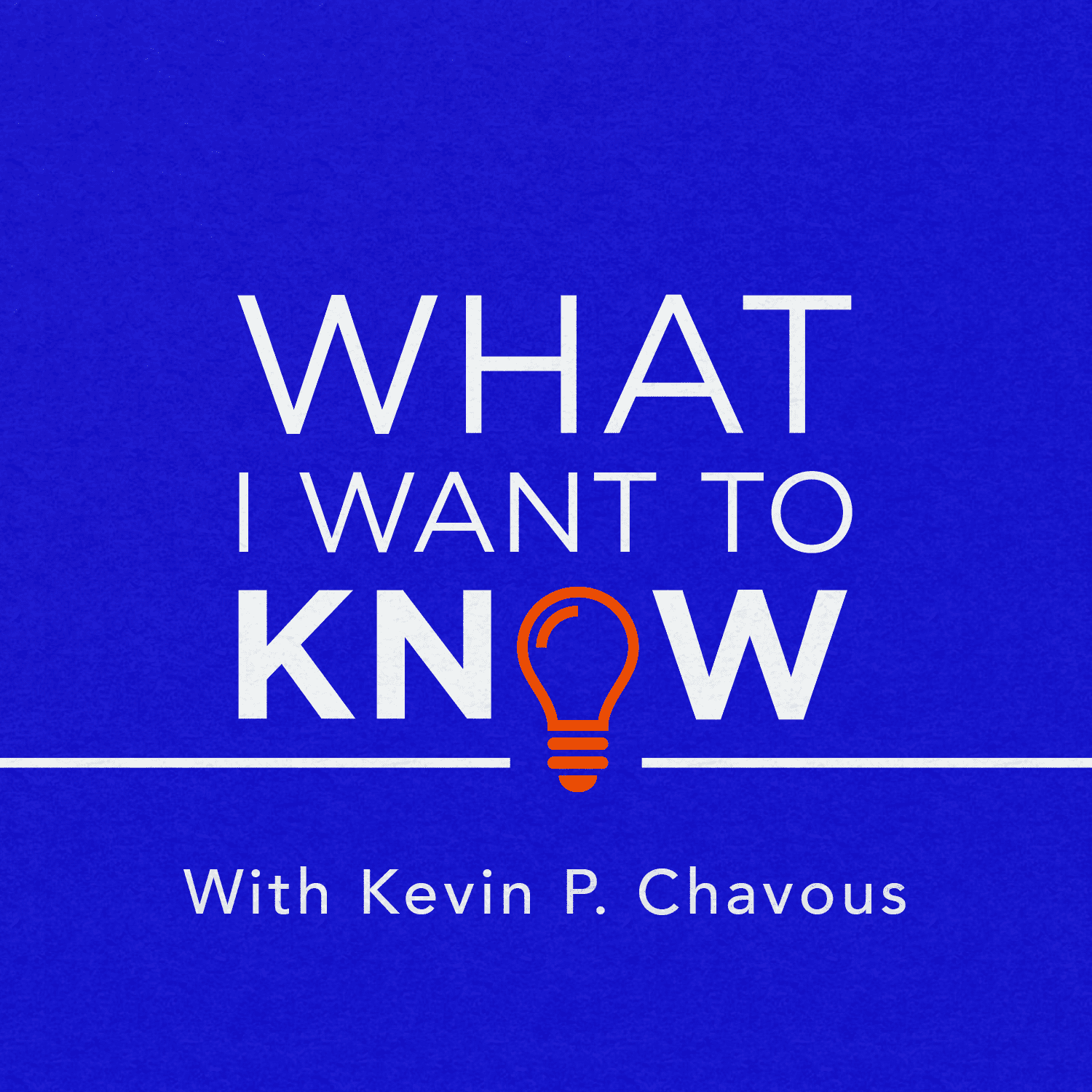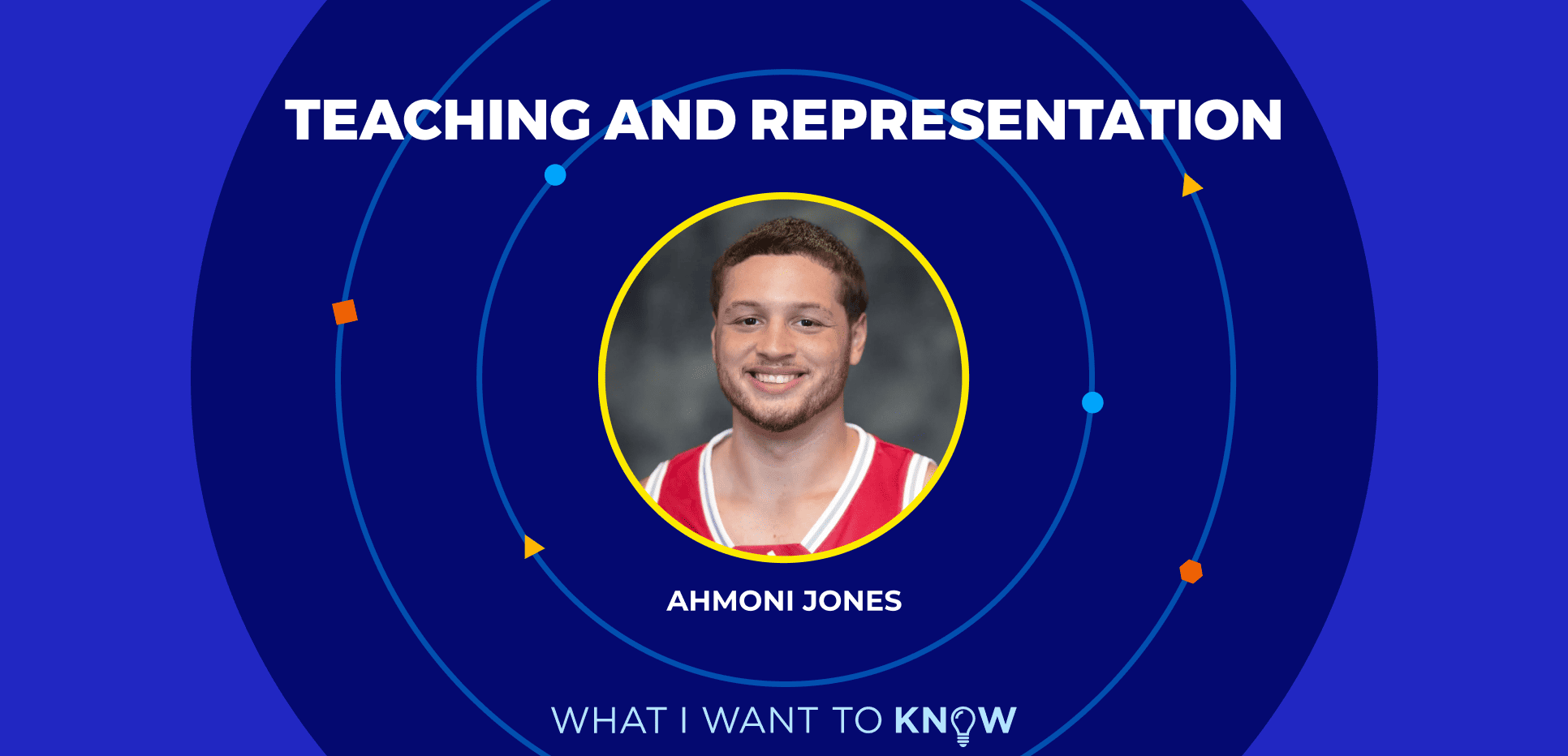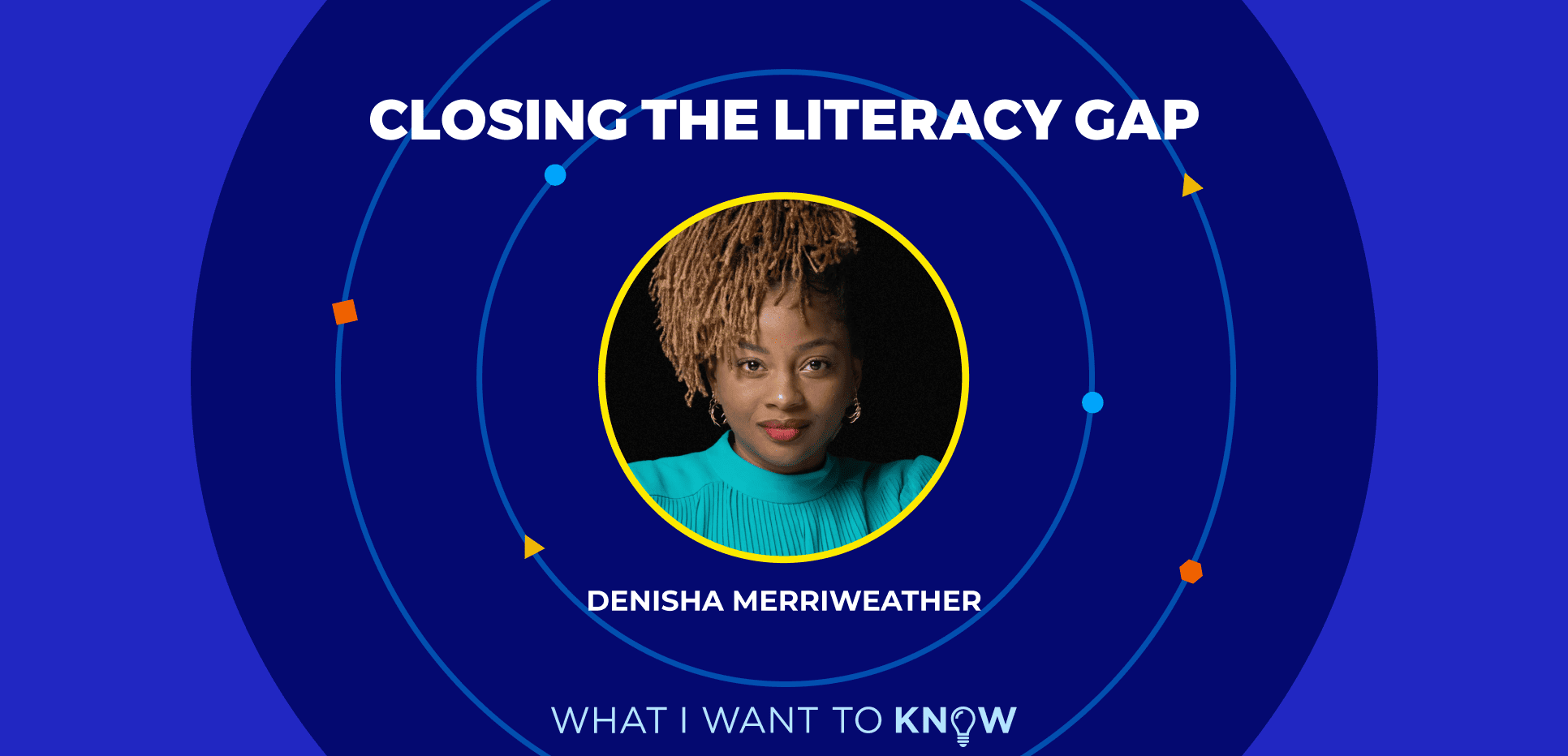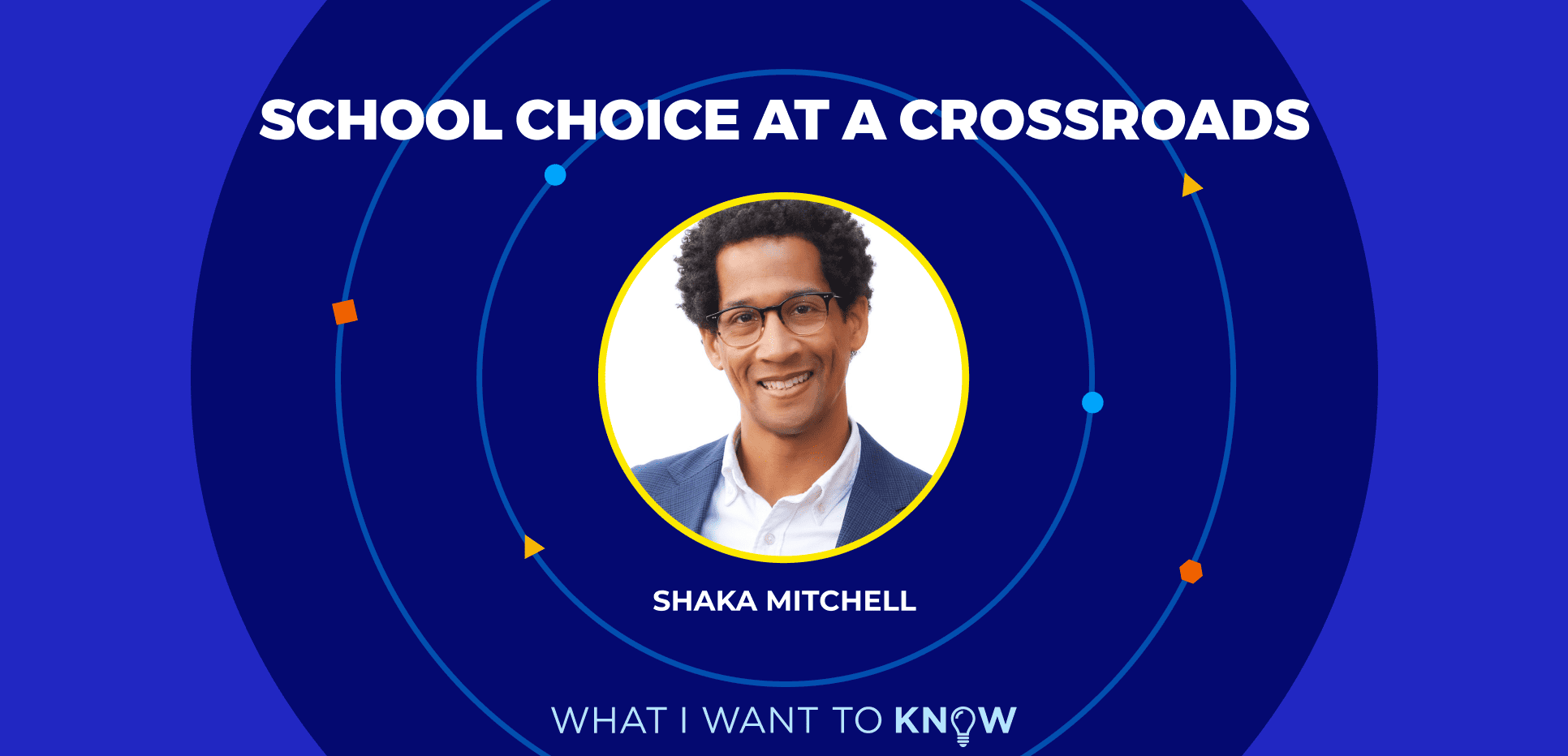Now more than ever, nontraditional learning environments are gaining popularity with parents.
In fact, a 2023 parent survey revealed that nearly half of parents said they would send at least one child to a different school for the 2023–2024 school year. And many states are following suit, with a record 20 states saying “yes” to expanding school choice in 2023.
What is the state of the school choice movement today? What’s leading parents and states to make a shift? And what do parents need to know about finding the right learning environment for their children?
In this episode, Andrew Campanella joins Kevin to discuss the state of the school choice movement.
Listen to the Full Audio
Listen on: Apple Podcast, Spotify
Transcript
Kevin: In classrooms across the country, teachers are changing the future of student success. That’s why the Stride Professional Development Center is committed to solving teachers’ greatest challenges with live events and a growing library of on-demand professional development content. On March 1st, teachers everywhere are invited to join Stride PD Center’s award-winning conference, Promising Practices 2024.
Kevin: Promising Practices connects teachers to practical strategies and innovative resources they can apply directly in the classroom. Sessions will feature topics such as instructional practices, school culture, student support, project-based learning, and more. Speakers will share resources that can be tailored across subjects and grade levels in any type of school and in every community.
In addition to the live events on March 1st, attendees will also receive one year of free access to the Stride PD Center. Learn more and register today at strivepdcenter.com.
Andrew: It’s not about tearing anyone down. It’s not about criticizing anybody. It’s about giving every kid an opportunity, respecting every parent, giving educators new options, and really giving communities better opportunities to keep kids there so they can get good jobs and help that community continue to prosper into the future.
Kevin: Now more than ever, non-traditional learning environments are gaining popularity with parents. In fact, a 2023 parent survey revealed that nearly half of parents said they would be sending at least one child to a different school for the 2023-2024 school year. And many states are following suit, with a record 20 states saying yes to expanding school choice in 2023.
What is the state of the school choice movement today? What’s leading parents and states to make a shift? And what do parents need to know about finding the right learning environment for their children? This is “What I Want to Know,” and today I’m joined by Andrew Campanella to find out.
Andrew Campanella is one of the nation’s leading experts on school choice. He serves as the President and CEO of the National School Choice Awareness Foundation, a nonprofit organization with a mission to inform, inspire, and empower parents to discover, navigate, and evaluate schools and education options. He joins us today to discuss the state of the school choice movement. Andrew, welcome to the show.
Andrew: Thank you so much, Kevin. It’s a pleasure to be here with you.
Kevin: You know, we go so far back, and particularly when it comes to this issue of school choice, educational freedom, educational choice, but really it’s about parent empowerment, isn’t it?
Andrew: Absolutely it is. It’s about trusting parents to make decisions about the people they know about more than anybody else on this planet, their kids, and empowering them to decide how and where their kids learn. Whether that is a traditional public school, public charter school, public magnet school, private or faith-based school, online school, homeschooling, or micro-schooling, and yes, it seems like the list keeps getting longer and longer, it’s about trusting families, empowering them, and letting them be even more involved in their children’s learning.
Kevin: I want to talk about that. I want to talk about sort of the origins of National School Choice Week, which has blossomed into this huge, huge undertaking all over the country, and, of course, about where we are in the state of the school choice movement. But Andrew, we’ve known each other a long time. I want to unpack your educational experience. When I talk to folks who are active in the school choice movement, I’m often intrigued by their own experience. My understanding is you had a really good educational experience growing up.
Andrew: I did. I had a great educational experience growing up. I went to traditional public schools from grades K through 12 in New Jersey. I loved my schools. I loved my teachers. I did pretty well. The only time I ever got in any trouble was when I went to a school board meeting and said that they shouldn’t raise the budget without giving our teachers a raise so that they could spend money on a new stadium or whatever, and that got me in some hot water, but I still stand by what I said. No, I had a great experience. And, you know, Kevin, I think you realize this as well more than anybody else, school choice is not about saying that one type of school is not a good fit for all kids. It’s about saying that if there are students out there who could be better served in a different environment, then let’s give them access to those different environments.
Kevin: Yeah. And that’s absolutely right. Now, by the way, how old were you when you did that thing with the school board?
Andrew: I was a junior in high school, and I was brought into a meeting that I didn’t know was going to happen. This is the day after I said something and the day after it got printed in the newspaper. And in the meeting was the chair of the Board of Education, the superintendent of schools, and the principal. And they put an apology in front of me to sign, and I wouldn’t do it. And so I called the newspaper again. I guess that was where I got my start in education advocacy.
Kevin: Well, and also your start in journalism because you went to school and you got involved in journalism. And I knew you had that rabble-rouser in you as a young person. I just knew it. But what I’m leading to is with that background, that bent toward activism, that bent toward really speaking your mind and speaking truth to power, what led you to the parental choice movement?
Andrew: It was really accidental, and I’d like to say that there was a whole story behind this. But I was working for a while in tourism for different tourism organizations and doing marketing and communications. And I started volunteering for a program in Washington, D.C., which you know very, very well. And the program was to help kids learn about civics. And what I found, when I met some of these students, is that they were really struggling at the high school level on things like reading and writing, concepts that when I was a high schooler, I didn’t struggle with. And it opened my eyes to the fact that while I had an education that worked well for me, a lot of other kids don’t have that privilege.
And so that made me realize that there is such a thing as that privilege and the ability to get an education that really works for you. And so I looked for a job in education. I worked for an organization that certified teachers for a number of years and built partnerships with school districts, and then, from there, started working at another education choice nonprofit and then on to leading National School Choice Week in partnership with the team at the Gleason Family Foundation and now National School Choice Awareness Foundation. So that’s the one-minute version of my story.
Kevin: What’s interesting about that, and the reason why I ask is because we all have different paths on our journey toward being advocates for school choice. I had a similar experience. I went to great schools, you know, great high school, great college, law school. It wasn’t until I was in elective office, I mean, it’s almost sad to say, and I realized the disparity, how stark the disparity was. It changed everything for me. And one would think that there are people out here in public life, in community activism, they know there are stark differences. Why are we so accepting of the fact that so many kids aren’t getting what they deserve in school?
Andrew: Right. And why are we so determined as a society to coddle adults while still denying kids basic opportunities to learn? To me, I’ve never understood that. What I’ve never understood is this. If an adult in a budget office might have some uncertainty at the end of the year, they can figure out a way around that or work to solve for it. But if a kid in fourth grade cannot read or write, if his or her parents don’t have the opportunity to get that child up to grade level and succeed, that child does not have a way to work around that. It is much harder for that child to thrive throughout his or her life. And so why are we so worried about somebody stuck in a back office somewhere, as important as that job might be, who is an adult and can work around a solution or a problem than we are about a child in fourth grade, third grade, other grades who can’t solve for themselves these challenges because they haven’t been taught?
Kevin: And, you know, we still are facing that. And that let you, me, others to wholeheartedly embrace this idea of quality options and making them available for kids. And by the way, there’s been an explosion in terms of these quality options that are available to parents. I want to talk about that. But beforehand, talk about the start and how the idea of National School Choice Week was germinated because that led to a recognition and a bringing together of all the various school officials, parents, students who were involved in alternative options and promoting alternative options and school choice options for families. And it really was a coalescence, if you will, and you helped drive that. Talk about the beginnings of that organization.
Andrew: Sure. So National School Choice Week got its start in 2011 when a private family foundation, the Gleason Family Foundation, wanted to invest in school choice work, but wanted to invest their resources in ways that would raise awareness among parents of all of the different options that they had for their kids’ education, as well as broad awareness about the importance of providing families with these choices. And so they looked at the landscape of different awareness movements and, you know, outreach campaigns that were out there and realized there was no one time of year or one event where people who support different types of choice could coalesce and center their activities around. And so they worked to create National School Choice Week.
I joined the team in that first year and then in its second year became president after School Choice Week 2012. And we worked to recruit schools to participate, folks from public, charter, magnet, private, online, home, micro education now, you name it, to celebrate the need for options and opportunities for families, number one, the benefits of providing families with those opportunities, number two, and three, to empower parents and inform them that where these options exist, they should go look into them so they can make good decisions for their kids’ education.
And since we don’t take a position on policy and we have sort of an equal awareness perspective of all the different options out there, people have naturally wanted to join in. And so what started with about 100 events in 2011 has grown to this year going to be more than 26,000 events and activities spanning 77% of U.S. counties.
Kevin: What’s amazing about that, and as you know, I was involved early on in many of the events around the country. I think it was 2012, I really proved and earned my stripes when my wife and I went to a School Choice Week event in Alaska. It was minus 20 degrees . . .
Andrew: Yes. In January.
Kevin: . . . in January. But it was so nice because you could feel that there was momentum growing around the country everyone wanted to be a part of. And to grow from that 100 to 26,000 is a testament to where we are. And you know what’s interesting with the growth of school choice that I’m seeing now is so many families with multiple children are availing themselves of their options and they don’t get caught up in the modality game. I mean, they may have a kid in a traditional public school, in a private school, in a charter school, in a specialty school, but they don’t get caught up in that. They really are trying to figure out what’s best for their child. And I think the School Choice Week highlighted that.
Andrew: Well, thank you. And you’re absolutely right. There are so many multiple-choice families out there where, like you said, one student might go to a private school, another student might go to an online school, another student in their family might go to the district public school. And so what I have told families since I started working in this area of education navigation, helping families navigate the different choices they have is it doesn’t really matter what type of school it is. It matters if the school works for you, your family, and your child and really meets your child’s interests, talents, needs, and challenges.
And so we’re seeing more and more families adopt that mindset that we’re not stuck to a brand as much as we are going to go to environments that have the qualities we’re looking for, the attributes that matter. And I think that’s a good thing. And also it’s helping break down this stigma that school choice in its broadest sense is somehow about attacking one type of school and elevating another. It’s really not. It’s about letting all great options rise.
Kevin: Yeah. As I said, we’re seeing this explosion now, but part of the explosion, in addition to the work you’ve done, in addition that many parents and activists have done over the years, candidly came through COVID because parents got a chance to, you know, peek under the tent. And some parents realized, “Wow, this school really does not work for my child.” And they started to become more open to options. And that has led to this incredible explosion. Talk about what has happened since COVID, which has contributed to more awareness and frankly better opportunities for parents to access more and more robust options for their kids.
Andrew: Sure. So, Kevin, I think that that’s just a perfect point. It’s a shame it took a pandemic to open so many folks’ eyes to the need for school choice. But what COVID did was it forced every single parent across the country to look at what their kids were learning and how their kids were learning, and it forced them to do that all at the same time, which has never happened before. Never had a singular moment where every parent has been forced to pay attention to their kids’ education at the same time. And so parents did. And in some cases, they were even more appreciative of what their kids’ teachers were doing. I know that teachers worked incredibly hard under incredibly difficult circumstances during COVID.
In other cases, parents said, you know, “I can see why this works in a traditional bricks-and-mortar setting for my child, but this emergency remote learning is just not what my child will benefit from.” Other families looked at their children’s learning and realized there wasn’t enough learning going on.
And so what I think every family realized, whether or not they were happy with their child’s school, you know, thought they did a decent enough job coping with the challenges, or completely dissatisfied, families wanted or wished they at least had something else from which to choose, even if they were happy. And so that resulted in families understanding for the first time, in many cases, that school choice was the way that more communities need to go. And they stood up, they spoke out, and lawmakers listened.
And in just the last 12 months, in just the last year, 20 states have expanded school choice and educational freedom in some way, shape, or form. In some places, like New York, the expansion was relatively small, but still important, allowing for more charter schools. In other states, like Iowa, Florida, and Arkansas, the expansions were bigger, giving families almost universal access to every type of school out there. And so we are seeing a fundamental transformation of education in this country, and that transformation is focused around giving families more and better options.
Kevin: And with all of that, particularly the successes of this past year, the pushback continues. And one of the big pushbacks is that you hear from folks who just are fighting against school choice options and want to preserve more of what I would call the status quo. One of those pushbacks is, well, you know, you’re talking about universal ESAs or universal scholarships. You’re still taking money away from traditional schools. Some of those same arguments that we’ve heard for years, and when you have more success, some of those arguments even become more pointed. How would you respond to those arguments that we know are being made by people who are really against expanded choice options?
Andrew: Yes. So I love the argument that we’ve heard for the past 20 years, and you’ve probably heard it way longer than I have, Kevin, not to say that you’re . . . Anyway.
Kevin: I wear it well, my friend.
Andrew: I’m in hot water here. Don’t you love the argument when people say, you know, I’m all for school choice, but I just don’t like, fill in the blank, vouchers, ESAs, tax credit scholarships, charter schools. And the person making that argument is essentially saying that they want families to have options, but not the options you’re talking about.
And so what I want to challenge all those folks to do is this. Try to pass an open enrollment law in your state that lets parents choose any public school outside of their zone or outside of their district, because you will find that the same people who on one hand say, “I support choice, but I really want to support our public schools,” will line up and oppose that open enrollment proposed program just as vociferously as they oppose a voucher because all it is for them is about mitigating and limiting budgetary uncertainty. It is not about doing what is right for kids. It is about making the jobs of folks who are making financial decisions easier.
We need to make the lives of our kids easier, not focus so much on the dollars and cents and how they move around. That’s not to say money isn’t important. Of course, it is. But let’s fund all options. Let’s increase funding for public schools while supporting options and choices for families at the same time.
Kevin: Well, I think you’re right. And the other thing I would say quite simply is there is an interesting reality to folks who really historically and traditionally and even currently raise their voices against school choice options. And that is this. The loudest voices against school choice are the ones that have school choice.
Andrew: That’s right.
Kevin: To me it’s very interesting that if you are a working-class family who happens to be African-American, Latino, or white for that matter, and your child is in a school that doesn’t serve him or her well, you’re all for school choice. I’ve yet to run into families fighting against school choice whose kids are trapped in bad schools. But if you have the means and you are able to send your child to a private school or you can afford to move in a neighborhood that has a great school district, then it’s just not the same reality. Don’t you find that to be the case?
Andrew: Absolutely. I have never met a single person who, you know, thought that their children should be stuck in a school that didn’t work for them. At the same time, a lot of people who oppose school choice policies want to come up with a million and one excuses why another parent shouldn’t have the same freedoms. And I think what we need to get down to is the humanity of all this.
In the debate over school choice on both sides of the equation, both pro and con, I think some of the debate has gotten a little vitriolic. To me, it’s about one thing, and that’s this, let’s give every kid the chance to learn, thrive, succeed, and be happy because happiness is important. We are one of the only countries in the world where happiness is enshrined in our founding documents. Let’s give every community as many schooling options as they have options for parks and recreation. And let’s not think so much about what they’re called, but about how those options serve families.
To me, that’s what this should be about. It’s not about tearing anyone down. It’s not about criticizing anybody. It’s about giving every kid an opportunity, respecting every parent, giving educators new options, and really giving communities better opportunities to keep kids there so they can get good jobs and help that community continue to prosper into the future.
Kevin: Well said, Andrew. So talk to me about School Choice Week 2024. Twenty-six thousand events, I mean, in 77% of the counties. What are some of the highlights that you see coming as School Choice Week takes hold this next year?
Andrew: Sure. So at the statewide level, across the country, we have 33 huge school fairs that we’re planning in close collaboration with local and state partners. And those events will bring together all different types of options, I won’t repeat them all again, to educate families about the choices they have. Parents can go from table to table or booth to booth and learn about all the different school choice options in their communities. And we’re hopeful that those events will be bringing in thousands of folks, moms and dads who want to learn more about how they can exercise their options. In states that do not have as many options as families would like, there will be big, positive, celebratory rallies at state capitals, bringing kids and parents and educators together, not to protest, but to talk about why having greater opportunities would benefit them.
And then schools are planning a lot of awesome events themselves. One that comes to mind for me is in Wisconsin, where a group of schools called LUMIN is putting on a multi-school student service activity where kids are going to raise money for other disadvantaged kids who have cancer. Events like that, that show the value of schools of choice to local communities, to events that bring together school communities and let families know that their opinions matter, to information nights, to school carnivals, you name it, it is what the schools are planning and what they want to do to shine a spotlight on their work in their cities, towns, and regions. And so we’re here to support them and we’re here to help raise broad awareness so that everybody knows that school choice is not only a good thing for families, but it can be positive and energizing as well.
Kevin: Well, and I know it’s going to be amazing, and I look forward to participating in one or more of those events. One final question, this is what I really want to know, Andrew. What do parents need to know with regard to how they find the right learning environment for their child?
Andrew: The first thing that any parent needs to know is that you are the expert on your kids. You know more about your kids than anybody else on this planet, and so you are most qualified, the most qualified person to make decisions for your child’s education. That’s the first thing I’d say.
The second thing I’d say is this, start now in looking for your options. Do not wait until summer break. You may have more options in your community than you think. We have a ton of resources at schoolchoiceweek.com broken down by each state. And there’s no jargon or complexity because a lot of families say the process is a little bit too complicated. We’re trying to make it easier. Go to our website, schoolchoiceweek.com. You can get some tips on what to ask when you visit schools, what types of schools are in your area, and there’s also a school finder tool as well.
So remember, you’re the expert, number one. Number two, get started now.
Kevin: Andrew Campanella, keep doing what you’re doing, and thank you so much for joining us on “What I Want to Know.”
Andrew: Thank you for being such a great friend and mentor over the years, Kevin. It’s been an honor.
Kevin: Thanks for listening to “What I Want to Know.” Be sure to follow and subscribe to the show on Apple Podcasts, Spotify, or your favorite podcast app so you can explore other episodes and dive into our discussions on the future of education. And write a review of the show. I also encourage you to join the conversation and let me know what you want to know using #WIWTK on social media. That’s #WIWTK.
For more information on Strive and online education, visit stridelearning.com. I’m your host, Kevin P. Chavous. Thank you for joining “What I Want to Know.”
Meet Andrew
Andrew Campanella is one of the nation’s leading experts on K–12 school choice. He serves as the president and CEO of the National School Choice Awareness Foundation, a nonprofit organization that aims to inform, inspire, and empower parents to discover, navigate, and access schools and education options.






